Plants that cannot be shipped to California
ilovegardening
9 years ago
Featured Answer
Sort by:Oldest
Comments (8)
gobluedjm 9/18 CA
9 years agoilovegardening
9 years agoRelated Professionals
Folsom Landscape Architects & Landscape Designers · Palm Springs Landscape Architects & Landscape Designers · Alexandria Landscape Contractors · Brownsville Landscape Contractors · Fruit Heights Landscape Contractors · Norristown Landscape Contractors · Palatine Landscape Contractors · Tuscaloosa Landscape Contractors · Cedar Hill Swimming Pool Builders · Redlands Swimming Pool Builders · Sunny Isles Beach Swimming Pool Builders · Damascus Window Contractors · Emeryville Window Contractors · Enumclaw Window Contractors · Wilmette Window ContractorsDar Sunset Zone 18
9 years agohoosierquilt USDA 10A Sunset 23 Vista CA
9 years agoilovegardening
9 years agohoosierquilt USDA 10A Sunset 23 Vista CA
9 years agoShorty_CA
9 years ago
Related Stories

GARDENING GUIDESSouthern California Gardener's October Checklist
Get planting happy this month — so many natives, bulbs, cool-season flowers and vegetable crops to choose from, so little time ...
Full Story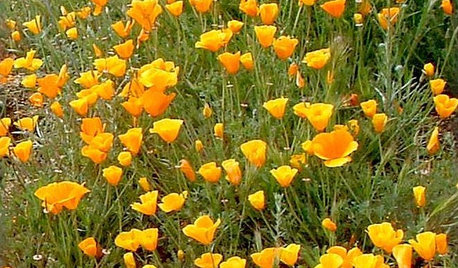
GARDENING GUIDESGreat Design Plant: California Poppy
Fall planting: California's state flower offers a glorious spring show and spreads readily in gardens under the right conditions
Full Story
INSPIRING GARDENSNative Plants Bring 10 Southern California Front-Yard Gardens to Life
Rare plants, rain gardens and wildlife habitats are just a few of the features showcased on the 2016 Theodore Payne Native Plant Garden Tour
Full Story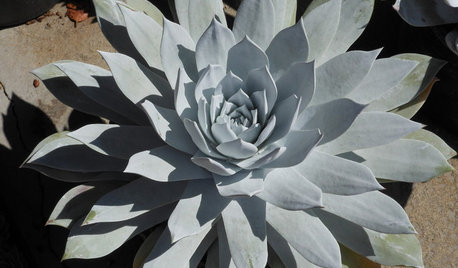
GARDENING GUIDESGreat Design Plant: Dudleya, a Dramatic California Native
Set up this succulent in native conditions and see just how little care it needs to thrive in the landscape
Full Story
RED FOLIAGEGreat Design Plant: 'Roger's Red' California Wild Grape
Lush, vivid and a considerate provider of snacks for wildlife, this deciduous vine is especially spectacular in a fall garden
Full Story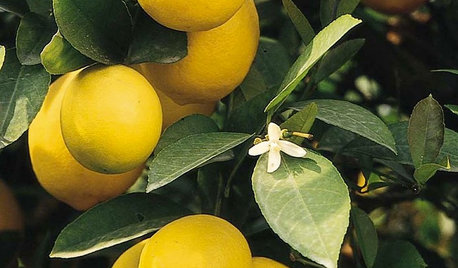
CALIFORNIA GARDENINGCalifornia Gardener's February Checklist
Celebrate 5 California classics: plants that defy winter with bright flowers, luscious fragrance and, for some, delicious taste
Full Story
GARDENING GUIDESGreat Design Plant: Rhus Glabra
Smooth sumac provides powerful jolts of fall color and persistent fruit clusters that add interest through the winter
Full Story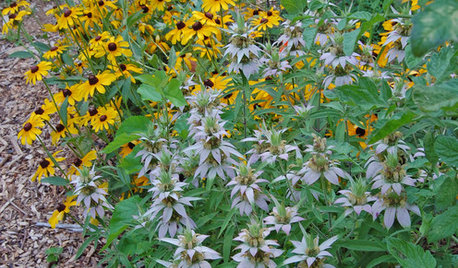
GARDENING GUIDESGreat Design Plant: Spotted Beebalm (Monarda punctata)
Looking for unusual, long-lasting blooms, low maintenance and deer resistance? Try this self-sowing perennial
Full Story
SALVAGEReinvent It: A Shipping Container Goes a Little Bit Country
See how resourceful horse owners turned low-cost storage into a country-style barn for hay
Full Story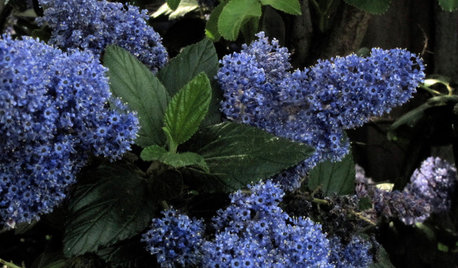
GARDENING FOR BUTTERFLIESGreat Design Plant: Ceanothus
Try these springtime stars for a bolt of blue, especially where you've got a dry spot in the garden
Full Story





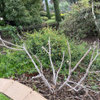
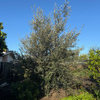
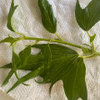
ilovegardeningOriginal Author